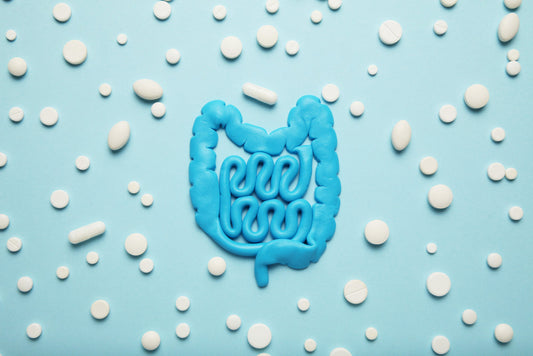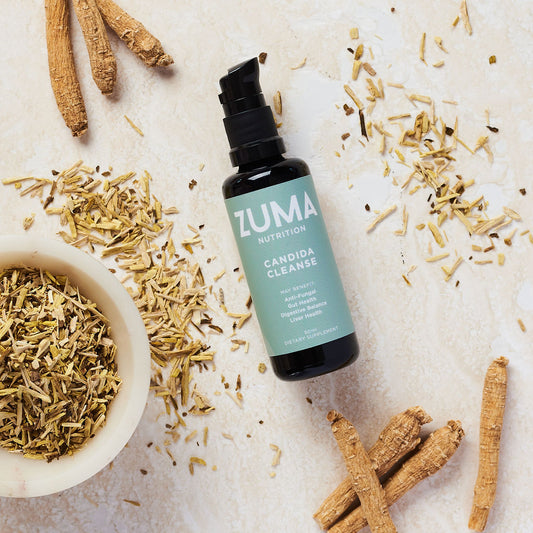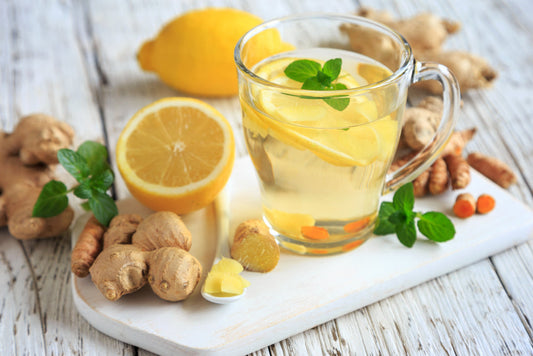Health and Wellness Blog

Best Nutrients for Eye Health and Vision
Our eyes are our windows to the world. They allow us to view our environment, connect with our surroundings, keep us safe, and help us stay mentally sharp and alert....

Taking Probiotics With Antibiotics
When it comes to treating bacterial infections, antibiotics have been a revolutionary medical intervention. They are powerful medications that help eliminate harmful bacteria from the body, promoting recovery and restoring...

Candida Cleanse Tea Recipe
Coconut oil, ginger, cinnamon, and lemon area all strongly antifungal, and also have immune boosting properties, which is helpful for fighting off any kind of infection. Our Candida Cleanse tonic uses...

Happy Gut Breakfast Bowl
Gut health is at the root of your health. When your gut is healthy, digestion is good, and you get the most nutrition out of your meals. When your gut...

The Healing Power of Bitter Herbs: Nature’s Digestive Aid
Bitter herbs have been cherished for centuries for their ability to support digestion, stimulate appetite, and enhance overall health. Known for their distinct taste, these herbs are an essential component of...

Can You Get A Yeast Infection in Your Armpit?
Yeast infections are often associated with vaginal infections, but they can occur in other parts of the body as well, including the armpits. A yeast infection in the armpit is...

Liver Cleanse Tea Recipe
The liver is one of the most important organs in the body and arguably one of the least understood by most people. Yet, our liver works for us day and...

Simple to Make Curcumin Tea Recipe
This recipe features our Liposomal Curcumin Tonic, a natural herbal supplement with incredible health benefits and a unique ability to reduce chronic levels of inflammation in the body. The main...

Apple Cider Vinegar for Acid Reflux: A Natural Remedy
Acid reflux, also known as gastroesophageal reflux disease (GERD), is a digestive disorder that affects millions of people worldwide. The symptoms of acid reflux can include heartburn, regurgitation, and a...